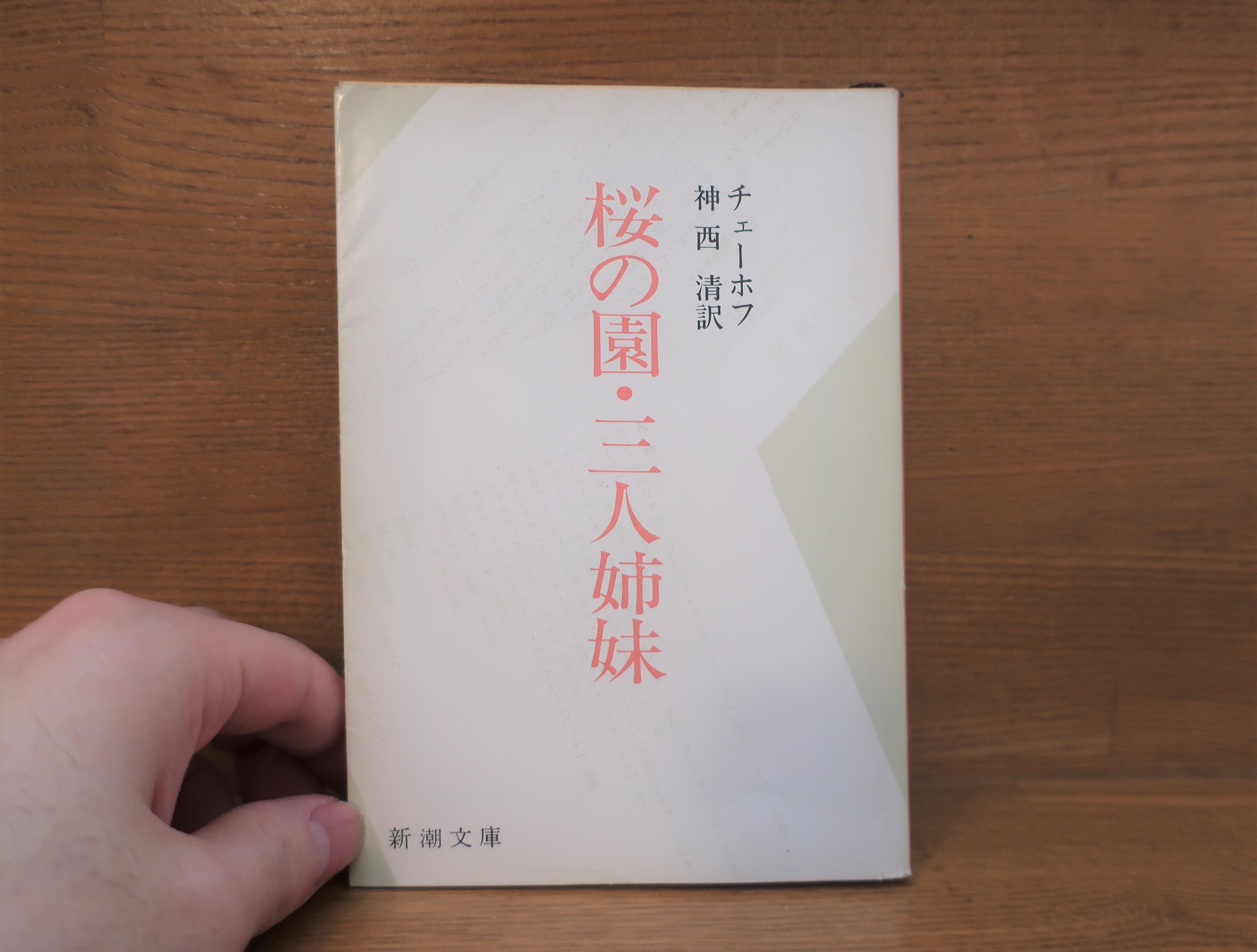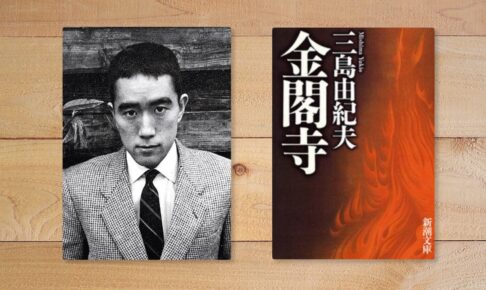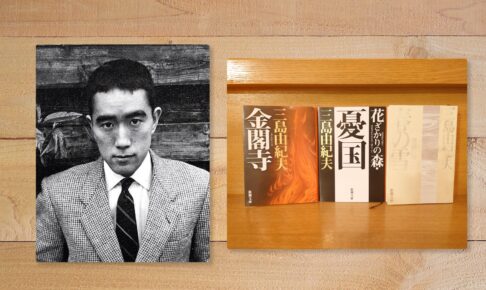Chekhov's "Three Sisters" Synopsis

Chekhov (1860-1904)Wikipedia.
The Three Sisters is the third of Chekhov's four great plays, first performed in 1901.
I read "The Cherry Orchard, Three Sisters" translated by Kiyoshi Kannishi, published by Shinchosha.
First, we will look at the endnotes about this work.
According to the chronology, the play was conceived in early 1899 and written in the late fall of 1904.
The beginning of 1899 was two or three months after the famous Moscow State Theatre Company's revival of "The Seagull" in mid-October of the previous year, and Chekhov must have been encouraged by the success of the revival to write a new play for the newly acquainted theater company.
The period of about a year and a half between the time he got the idea and the time he finished writing the novel was quite hectic, and Chekhov was busy editing a collection of his own works and working on his promised novels. The promised novels were the famous "The Wife with the Dog" and "The Valley.
He was also in poor health due to progressive tuberculosis. It was in the summer of 1900 that Chekhov finally began work on a new play, and even then he complained that the new play was very difficult to write, that it felt like a jumble, and that there were too many characters.
After the play was written, the troupe began rehearsals as if they had been waiting for it, and at the end of January of the following year, 1999, the play was performed in Moscow. The play was performed in Moscow at the end of January 1991, when the author was 41 years old.
Shinchosha, Kiyoshi Kannishi translation, "The Cherry Orchard, Three Sisters," p. 245
This play is packed with the skilled craftsmanship of Chekhov's last years, when he staged a highly successful revival of "The Seagull".
Then let's look at the synopsis.
In the first act of this four-act drama, we meet the Prozorovs, the three sisters Auriga, Masha, and Irina. The memory of their father's funeral a year ago has finally faded, and the celebration of their youngest daughter Irina's name day is about to begin.
Spring, dazzling sunlight, is in the air. Artillery officers gather for a celebration. The siblings are in love with Andrei, who is expected to become a professor in the near future, and his girlfriend Natasha. The visit of Vershinin, an old acquaintance of the company commander, brings back memories of Moscow to the three sisters.
In Act II, Andrei is married to the worldly Natasha, has a baby, and is no longer on the verge of abandoning his scholarly dreams. He is in fruitless love with Masha, the second daughter of a schoolteacher and family man, and Vershinin, who has an unhappy home life. Baron Tusenbach's unrequited love for Irina. Natasha's snobbishness gradually takes over the family.
Act III, a big fire in the neighborhood. Auriga, the eldest daughter, is a good soul who tries to save the burnt-out people. The ugliness of Natasha, who chastises her nanny, Anfisa, as an old, useless woman. Vershinin and Masha's love affair goes off the deep end. Andrei's further degradation.
Act IV, in the fall, the garrisoned companies leave for new assignments.
Baron Tusenbach, who is about to retire from the army and embark on a new life with Irina, is shot and killed in a duel by his colleague Solyonny in the throes of the battle. Farewell to Masha and Vershinin.
As the sound of military music gradually fades away from the town, the curtain falls on the three sisters' longing for Moscow, filled with their earnest desire to live.
Chikuma Shobo, Yutaka MatsushitaChekhov's Light and Shadow.P166-167
Some line breaks have been made.
This play, like previous Chekhov plays, will not be a tumultuous storyline, but rather will depict the daily life and differences in a family.
And this work is a strong example of Chekhov's commitment to the play. The afterword explains this as follows.
There is a delightful anecdote about "The Three Sisters. When Chekhov came to Tokyo and read the manuscript of "The Three Sisters" for the first time, the members of Geijutsuza who heard him read it said, "This is not a play, but a play about three sisters.summaryHe is said to have mumbled, "I can't act in this, I don't have a role, just a hint.
It is interesting to note that the actors of the time could not hear a play with this much content as a play, and the stage directions did not immediately come to the actors' minds.
It is often said that Chekhov's plays are static dramas, that there are no incidents in his plays, and that the incidents take place off stage.
A story often told in this connection is an anecdote of a small dispute between the author and the director.
The director of the premiere was the famous Stanislavskii, who, after Baron Touzembakh fell to his death in a duel with Solyonny in the final act outside the curtain, deliberately staged the Baron's corpse on a doorboard to cross the stage.
The corpse is always supposed to leave a strong impression on the audience. Chekhov, however, was outraged to hear this. Chekhov was outraged to hear this, saying that there was no such thing written in the play. He believed that a single gunshot was enough to express the scene.
Shinchosha, Kiyoshi Kannishi translation, The Cherry Orchard, Three Sisters, p. 245-246
Chekhov achieved overwhelming success with The Seagull. His new theatrical method revolutionized the theater world. Even after it became widely known that Chekhov was capable of doing his own original plays, stage professionals were still baffled when they read the script.
Finally, we will look at interpretations of this work.
The interpretation of "The Three Sisters" is largely settled today. Previously, the play was considered a dark and depressing tale about the sad fate of three sisters. It is the story of a beautiful human dream that gradually withers and dies in the face of mundane, everyday reality. In this sense, the tone of the play is dark. (omitted).
However, as the author himself wrote in the play, these dark and depressing days could not possibly continue: "The times have changed, and a tremendous upheaval is sweeping over us all, if we note that the play was written with this awareness and sense of the times, If we note that the play was written with this awareness of the times, this sense of the times, that the times have changed, that a great upheaval is upon us all, then - although Chekhov did not clearly foresee the coming of the revolution - Three Sisters could not have been written solely to depict the sad fate of the three sisters.
This is also understood from the beautiful lines of confidence in a bright future for mankind, which are repeated here and there in the play, but also from the fact that many of the characters in the play are portrayed as comical in a sense, representing the weakness of the intellectuals at the end of the century, who neither know nor want to know what they are doing or what their actions mean. This is also understood from the fact that they are portrayed as characters who represent the weakness of the intellectuals at the end of the century, who neither know nor want to know the meaning of their actions. (omitted).
In this light, and taking into consideration the various dramas contained within the play as mentioned above, "Three Sisters" is not merely a dark and sad play, but a kind of mixed life drama with both tragic and comedic overtones.
This seems to be the general interpretation of "The Three Sisters" today, including the new production by the Moscow Art Theatre. The skillful combination of these two elements, tragedy and comedy, is another example of Chekhov's brilliant dramatic achievement.
Shinchosha, Kiyoshi Kannishi translation, The Cherry Orchard, Three Sisters, p. 247-249
Some line breaks have been made.
It is true that this work has the darkest atmosphere of the four great plays. It may be felt even more so when reading it in book form.
I have not seen the play yet, so I can't say for sure, but perhaps the actors' performance will reveal more of the ridiculousness that is difficult to see in the book.
The story itself may have a funny, bright future-oriented atmosphere, but I thought that the strange ways in which the characters' differences and misplaced exchanges appeared on stage is what makes this play something more than just a dark tragedy.
This is another piece I would love to see on stage if I have the chance.
The above is a synopsis of Chekhov's "Three Sisters" - a blend of tragedy and comedy! A masterpiece play packed with the skilled craftsmanship of Chekhov's later years!" This was "The Three Sisters".
Next Article.
Click here to read the previous article.
Click here for a list of Chekhov's recommended works.
Related Articles







































